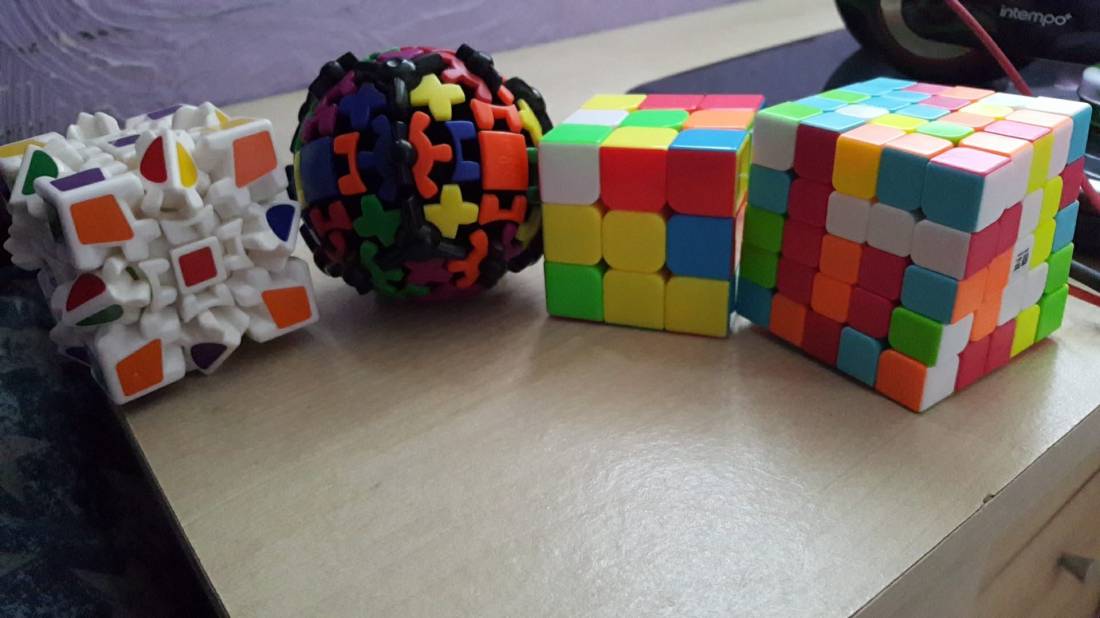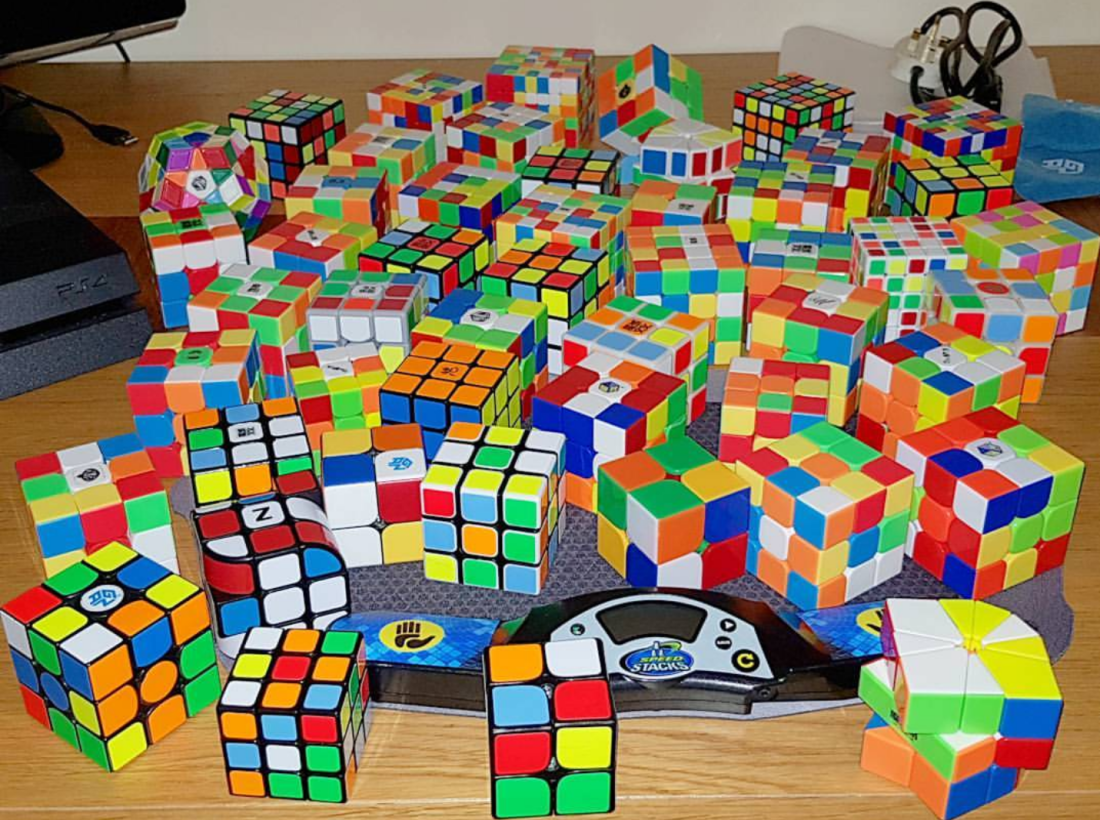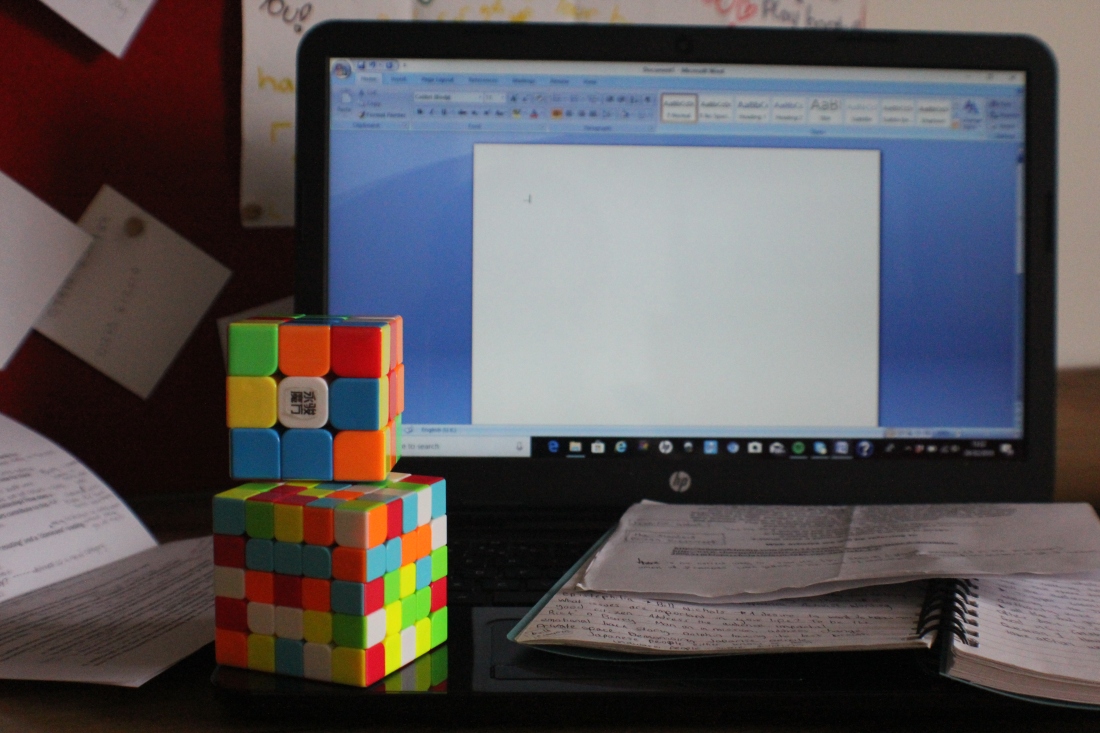No shot is hard to make, it’s just easier to miss
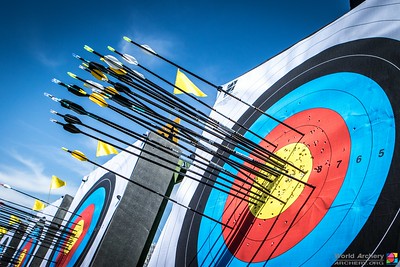
Thinking of trying something new? A new hobby? Ever thought of Archery?
I’m an experienced archer who has been shooting for just over two years now. Starting out was scary and fun at the same time. Learning a new sport can always be challenging but rewarding once the skill has been learnt. But don’t just take my word for it…
Netflix released a documentary called, Ladies First (2018). An inspirational survival story of Deepika Kumari. As a girl born on the roadside to abject poverty in rural India and with limited women’s rights, she went in search for food, and stumbled upon archery. Within 4 years she had became the Number One archer in the world at the age of only 18, and represented India at two Olympics.
There are many benefits to choosing archery as your new sport and hobby. Anyone can join, whether male, female, fit or disabled it is a universal sport. With hundreds and thousands of practice arrow, serious dedication and natural talent, the potential is there for higher standard events at the Olympics or Paralympics if you wanted. There are both negatives and positives, much like most sports.
Negatives
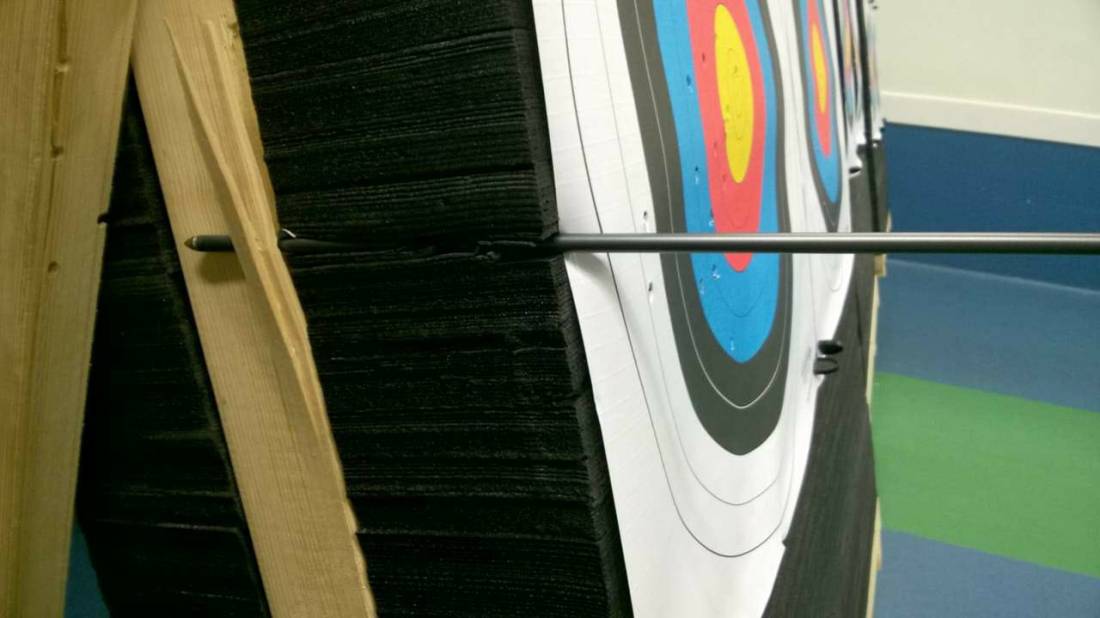
One of the negatives to the sport is getting the annoyance to off days at practice, when the arrows don’t go where you want them to, but with practise that would soon change. The only other negative is that archery is a very expensive hobby, from buying you’re every first kit, to buying replacements when arrows break or get lost. A typical beginners kit into archery can cost anywhere from £500 or more. The link below shows the various types you can buy and price ranges of these items
https://www.clickersarchery.co.uk/products/category/1379/bow-kits-and-packages/

‘When I brought my bow two years ago it cost me a little over £700. Since then I have still been buying all sorts of bells and whistles for my bow’ (Toby Moss, Experienced archer)
‘I got my first bow many years ago. I have changed many parts on the bow, so many that it’s not actually the same bow anymore.’ (Katie Lever, Experienced archer)
Grant Medley’s daughter took up the hobby of archery, he feels it’s a fantastic sport to get into, and it’s enjoyable to watch others compete. ‘I would join an archery club, but I can see that it is probably an expensive sport and hobby. I do believe it is something that I would really enjoy though.’ (Grant Medley, Father of an experienced archer)
Positives
Apart from the enjoyment you can gain form archery there are also many health benefits
‘It can improve your eye to hand coordination, it helps with patience and self-confidence.’ (Grant Medley) While drawing the bow does expend energy, so does the walking to and from the target on end to end when collecting arrows. It’s a very high sport in burning calories. The weight of the bow helps to build muscles and strength when drawing, in your back, arms, hands and the chest. Archers also learn to maintain focus when shooting, avoiding distractions such as, wind, distance, noise and other competitors when they are shooting simultaneously. This level of focus then heightens the archer’s coordination and patience. ‘Having the determination to precisely repeat a technique makes you a better archer and, consequently, a better person!’ (World Archery website)
https://www.archery360.com/archery-101/
https://worldarchery.org/news/147916/8-health-benefits-archery
Competitions
In archery there are many categories you are able to enter into within competitions. They can split into male and female, or Junior, under 25’s, senior, novice, and experience categories. With these competitions there are also different bow types you can enter into as well; recurve, long bow, compound and cross bow. Though the recurve bows are the only bows the Olympics allows, the others are fun to use
‘I have tried both recurve and long bow. Long bow is very traditional and doesn’t allow for many alteration to be done to the bow itself. I much prefer the recurve as my shots are mostly on target.’ (Toby moss)
‘I once tired a friend’s compound bow. Wow, they are powerful, not sure I could keep up the same level shooting for every session. I can’t say I actually know anyone who has a cross bow, they just aren’t as fun as the others.’ (Katie Lever)
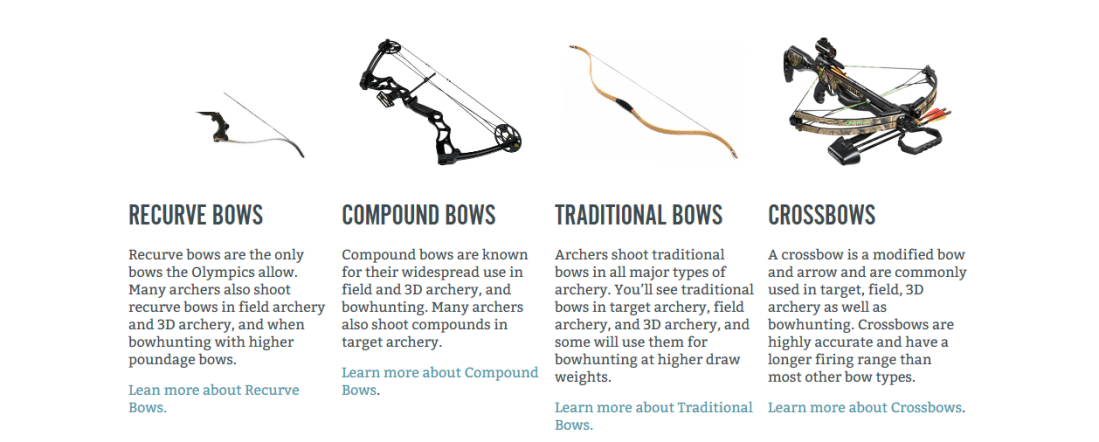
Competitions maybe about getting the highest score to win the medal, but archery competitions are felt to be more relaxed. Staying calm helps archery keep up and maintain their accurate target scores. The competitions are ‘very busy, friendly and well organised’ (Grant Medley). Competitions are very social events, enabling ‘friendships between individuals from all walks of life. You never know who you’ll end up on a target with next’ (World Archery website)
‘Competitions are great. I remember the first time I ever went to one, I managed to shoot my arrows onto another archers target face, completely missing my own. I got a lovely 10 on their target, but it didn’t count as it was the incorrect target. One this in competitions is you need to learn to be slow in a hurry’ (Katie Lever)
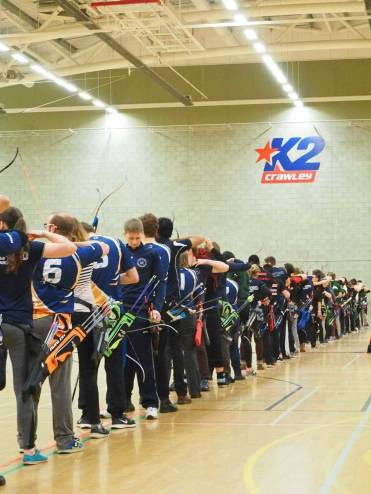
It’s always good fun even when you have been shooting as long as I have been, it’s always great to meet new people who are better than you, who give you pointers on becoming better and meeting other whom aren’t as good as you, you then giving advice on how they can improve.
Sources
Ladies First – (2018) Uraaz Bahl
World Archery website: https://worldarchery.org/news/147916/8-health-benefits-archery (access date 24.04.2018)
Archery 360 website: https://www.archery360.com/2014/03/15/20-essential-facts-archery/ (access date 24.04.2018)
Clickers website: https://www.clickersarchery.co.uk/products/category/1379/bow-kits-and-packages/ (accessed 24.04.2018)
